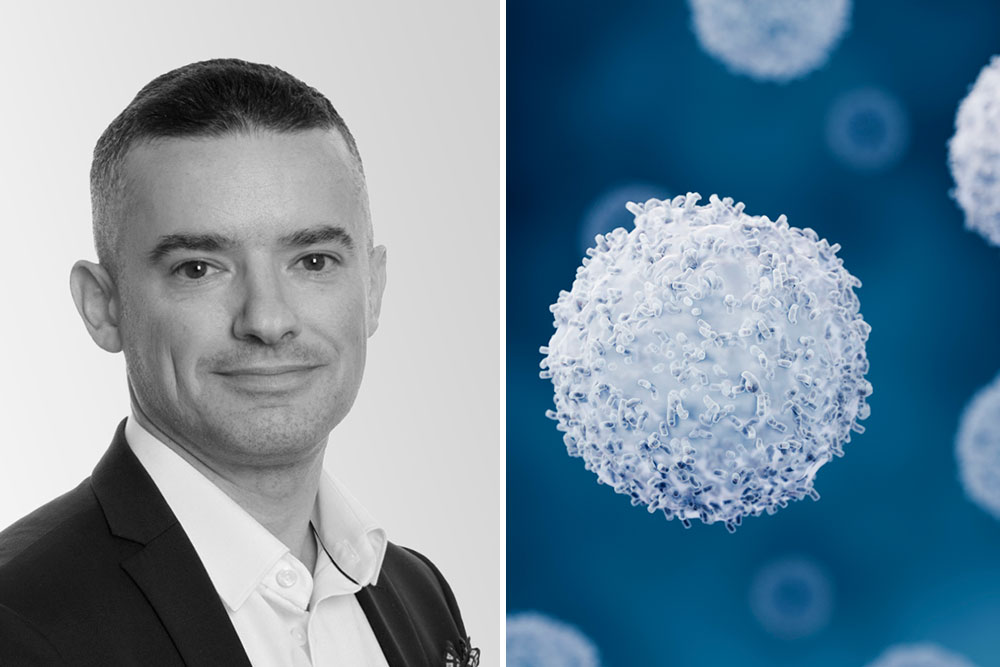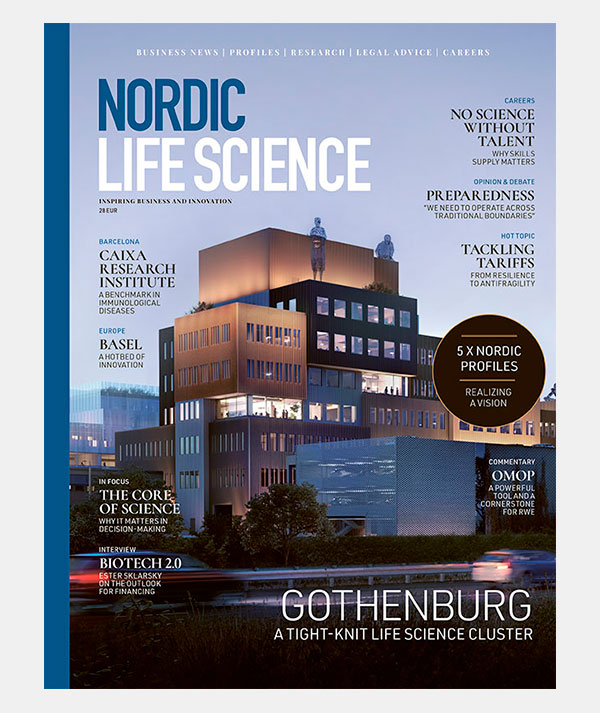Hansa Biopharma’s imlifidase meets primary endpoint in Phase 3 trial

The company has announced positive topline results from the US Phase 3 ConfIdeS trial of imlifidase, evaluating 12-month kidney function in highly sensitized (cPRA ≥99.9%) adult kidney transplant patients with positive crossmatch against a deceased donor, versus the control arm.
The trial was well conducted, with patient retention in excess of 90%, and met the primary endpoint of kidney function at 12 months as measured by mean estimated Glomerular Filtration Rate (eGFR) with a p-value of <0.0001, describes the company in a press release.
The company plans to submit a BLA under the accelerated approval pathway to the US Food and Drug Administration (FDA) by the end of 2025.
“We are excited to share the data from the US ConfIdeS trial, which clearly shows the clinically meaningful benefit of imlifidase in kidney transplantation of highly sensitized patients, and the role it can play in shaping future standard of care. These results corroborate the existing clinical and real-world evidence of the use of imlifidase as an effective desensitization therapy in kidney transplantation. We look forward to sharing this body of data with the FDA in our mission to bring this medicine to these patients who today have very limited options. I would like to thank all the patients, their families, as well as the investigators and the site staff who continue to participate in the trial,” says Renée Aguiar-Lucander, CEO, Hansa Biopharma.
Patients who were randomized to receive imlifidase showed superior kidney function at 12 months of 51.5 mL/min/1.73m2, compared to patients randomized to the control arm of 19.3 mL/min/1.73m2. In the trial, the control arm allowed for a range of treatment options, including remaining on dialysis awaiting a more compatible organ offer, transplantation using off-label desensitization approaches, or transplantation with a compatible organ.
A key secondary outcome relating to dialysis independence at 12 months was also statistically significant in favor of imlifidase (p=0.0007). Imlifidase was generally well tolerated with a safety profile consistent with previous clinical trial experience.
Full results from the Phase 3 ConfIdeS trial will be submitted to a medical congress in 2026, states the company.
Published: September 25, 2025









